The American illustrator describes to Gary Evans the eternal conflict between creating art that means something and art that makes money
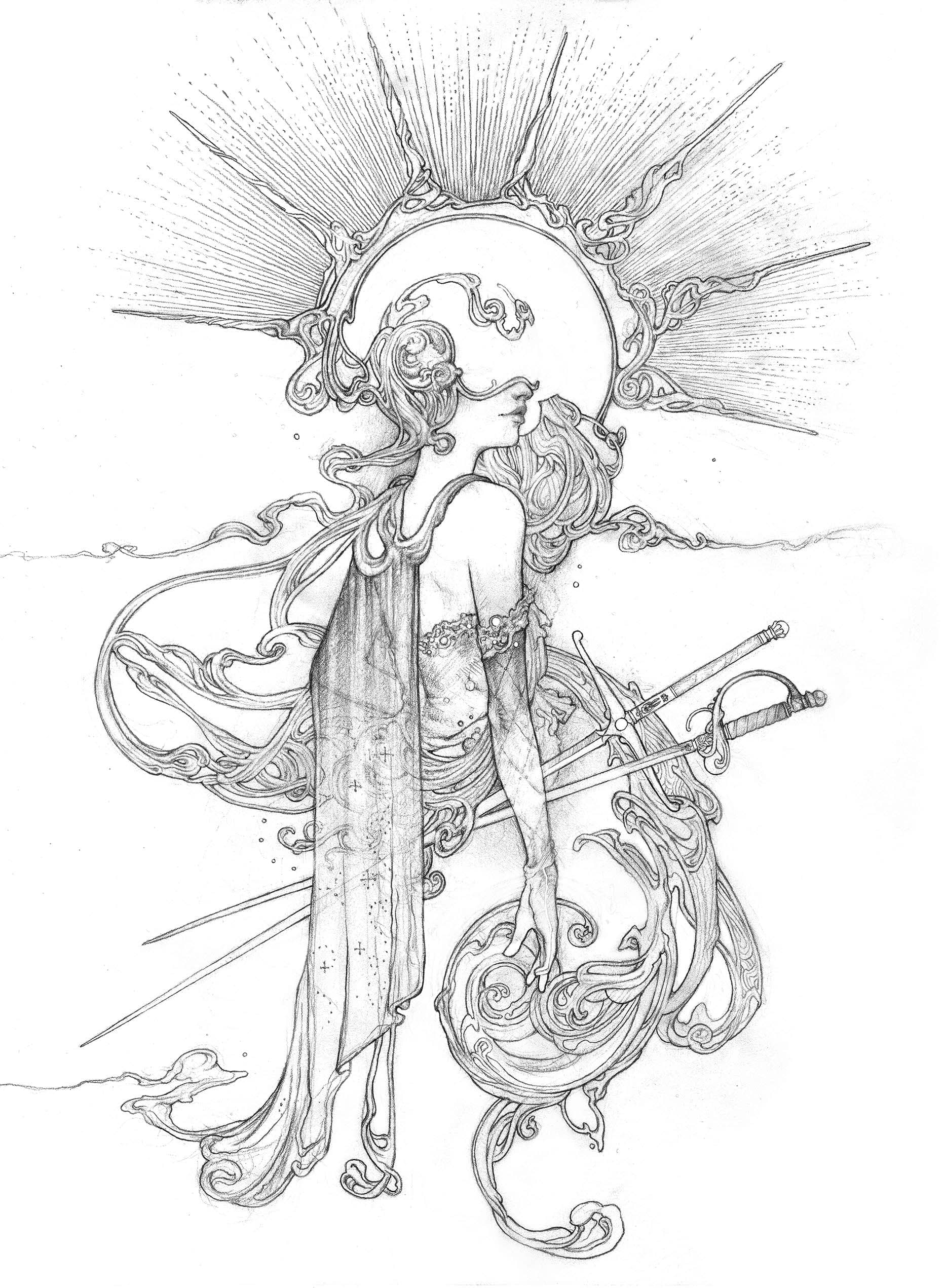
There’s a question that we like to ask artists. It’s a slightly awkward and admittedly, slightly pretentious question. Sometimes the answer will be short, evasive, diplomatic. Other times the answer will be long, theoretical, philosophical. Either way, directly or indirectly, the answer always tells you something interesting about the artist and their work. The question is this: what’s the difference between good art and great art?
Timothy Von Rueden understands – and partly agrees – with the usual objections to this question: that art shouldn’t be judged, that art is subjective. “However,” the American artist says, “over the years, I’ve found everyone actually does have an opinion, but it’s taboo to share that opinion with others. I do believe there is a difference, and this belief often gets me in trouble.”
Timothy doesn’t have an “official job.” He doesn’t answer to clients or art directors. He doesn’t have to adapt his style to fit game developers or animation studios. So it may seem like Timothy has no problem giving an honest answer to our question because he makes art solely to please himself. not the case.
Timothy’s career is, in one sense, very modern: he uses social media to promote his own range of sketchbooks, original artwork, prints and enamel pins. However, he faces the same old problem that artists have always faced. The gallery is now Instagram. The ​patron is now the follower. But the aim is still the same: get the work seen and get the work sold.
Denne historien er fra October 2019-utgaven av ImagineFX.
Start din 7-dagers gratis prøveperiode på Magzter GOLD for å få tilgang til tusenvis av utvalgte premiumhistorier og 9000+ magasiner og aviser.
Allerede abonnent ? Logg på
Denne historien er fra October 2019-utgaven av ImagineFX.
Start din 7-dagers gratis prøveperiode på Magzter GOLD for å få tilgang til tusenvis av utvalgte premiumhistorier og 9000+ magasiner og aviser.
Allerede abonnent? Logg på

XPPen Artist Pro 19 (Gen 2)
Whether you’re a pro artist or a passionate hobbyist, this pen display offers something for everyone with beautiful colour and accurate drawing
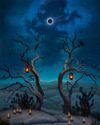
First Impressions
The artists explains how her imagination for fantasy was born
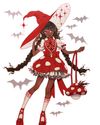
DRAW VIBRANT CHARACTER ART
LIDIA CAMBON reveals her step-by-step process for creating a full-body illustration from first sketch to vibrant, cohesive colour with markers
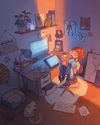
Photoshop & Blender: BUILD NARRATIVE USING INTERIORS
Find out how illustrator Magdalina Dianova creates a cosy setting that helps to express her character’s personality
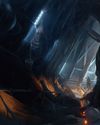
Blender, Procreate & Photoshop DESIGN CREEPY ARCHITECTURE
Nick Stath explains how he built an eerie, atmospheric environment for the sci-fi horrors of Alien: Romulus
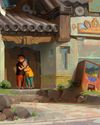
Photoshop - PAINT FAN ART WITH EMOTION
Baptiste Boutié goes in-depth on his approach for creating visual appeal in a tribute to Tekkonkinkreet
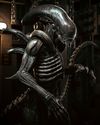
ZBrush, KeyShot & Photoshop - CRAFT A HIDEOUS ALIEN NIGHTMARE
Follow along as character and creature artist Kyle Brown makes xenomorph fan art inspired by Alien: Romulus
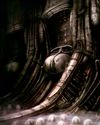
FEARFUL VISIONS
ImagineFX explores the visual heritage of the visceral Alien cosmos and its develooment over the franchise's history

Mike Butkus
Surf's up! Why coastal comforts lured the artist to his California home
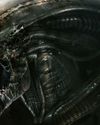
The art behind Alien: Romulus
Xenomorphology Tanya Combrinck meets the Alien-obsessed concept artists who revived the visual style of the classic films